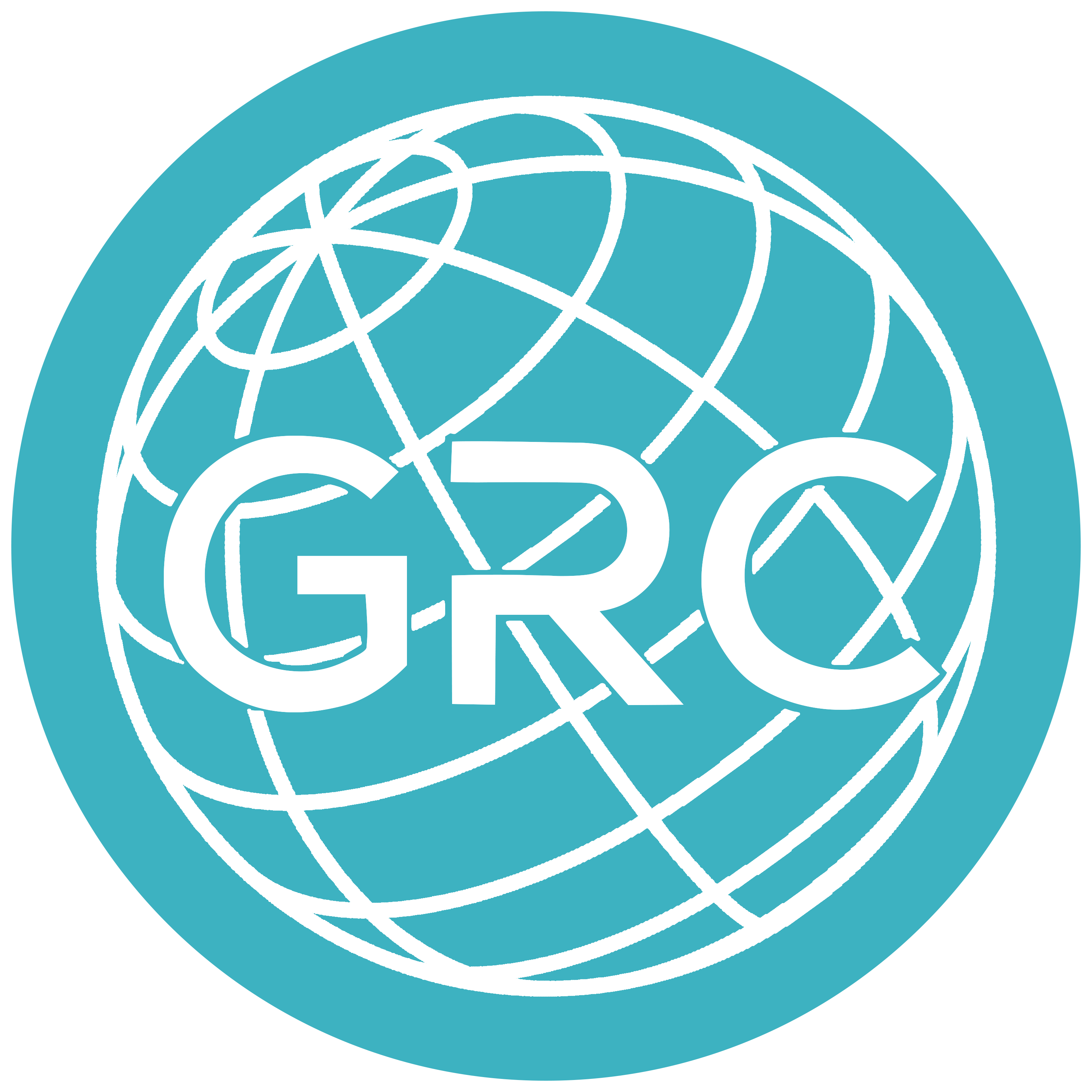California Wildfires
The 2018 California wildfire season was the deadliest and most damaging in history. The dubious honor of “worst wildfire” was awarded to Camp Fire, which blazed for over two weeks, killed 85 people, destroyed 153,336 acres of land and 18,793 buildings, and caused between 7.5 to 10 million dollars of insured losses. Other fires were notable for their pernicious effects as well: the Mendocino Complex Fire of 2018 previously held the record for being the largest in history, while the Carr Fire combined with high winds to create a firenado.
As the effects of climate change and drought in California continue to become more pronounced, it is well worth examining the economic repercussions of continued wildfire damage in the state of California.
Short-Term
In the short-term, wildfires would be able to provide a small boost to the economy. The government bears the brunt of spending for fire suppression and prevention; in 2018, the California Department of Forestry allocated over 1 billion to fight fires, well above the previous record of 773 million dollars.
These dollars trickle through the economy to end up with businesses and in taxpayers’ pockets. Furthermore, though California and the United States face losses in the hundreds of billions due to lost property, taxes, wages, jobs, businesses, and healthcare spending, other states stand to gain from the migration of labor and consumers.
However, various negative short-term effects act to counterbalance this small gain. In the immediate aftermath, the pollution created by raging wildfires poses a huge health hazard to already vulnerable groups, hiking up rates of healthcare use.
Additionally, to prevent fires, utility companies may cut power to entire regions. This is to avoid gusting winds knocking down power lines, creating sparks, and igniting forests. Pacific Gas and Electric used this strategy to preemptively cut power for around 87,000 individuals in California. Such drastic efforts also tend to cut productivity, an unwelcome side effect to fire prevention.
Long-Term
The brunt of California’s wildfire damages will be felt in the long run, as 65% of wildfire costs are accrued in future months and years. Damages to the property will lower land and building values and force migration out of affected areas, thus lowering tax rates and the tax base. This will hit municipal budgets hard, at a time when they most need money for the reconstruction of infrastructure and public buildings, restoration of wildlife habitats, and other preventive measures.
Adding onto these effects will be lost revenues from business and tourism. As seen in the past, businesses near Yosemite lost millions in revenue due to the Ferguson fire, and California stands to face a similar loss of traffic.
This loss of homes exacerbates an already tight housing situation in California. The town of Paradise was one of the worst affected by Camp Fire, and soon afterward, the nearby area of Chico saw an extreme decrease in housing availability and labor. Further down the road, small contractors will take on the work of rebuilding houses, as larger ones will be occupied by public and corporate reconstruction.
A subsequent boost in demand for labor and construction materials will provide both a small boon for suppliers and increased costs for those affected by the fires. Though insurers will cover most reconstruction work, delays and worker shortages are certain. Such was the case in Sonoma, a wine country in California who had been ravaged in 2017 by wildfires. A year later, of the 5300 homes destroyed, only 98 had been rebuilt.
Bottom Line
Most of the effects of California’s 2018 wildfires have not yet become apparent. Two options remain for citizens in subsequent years, as the risks of large fires increase: it will become imperative to invest in preventive measures or divest oneself of Californian assets. The latter seems unlikely; thus, the onus is on private citizens, governments, and businesses to create an economy more robustly protected against the ill effects of wildfires.
By Chelsea P Cao



